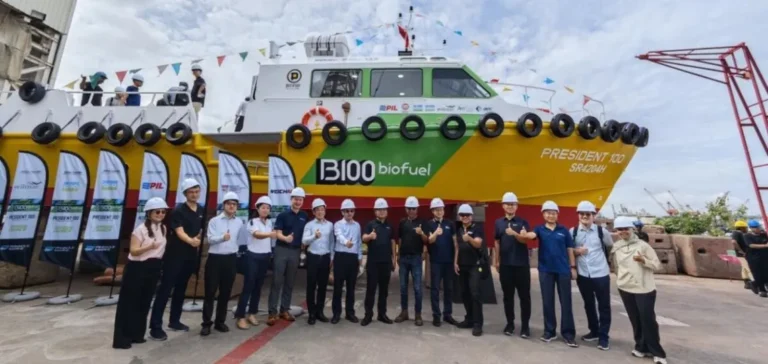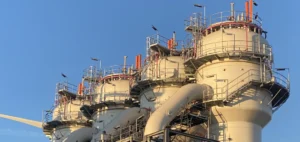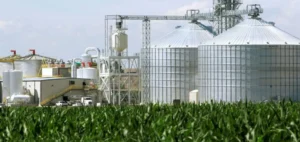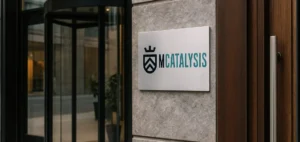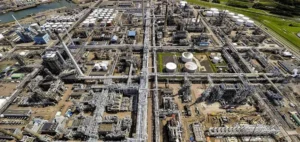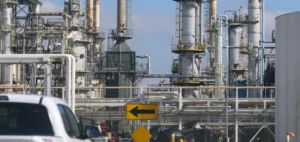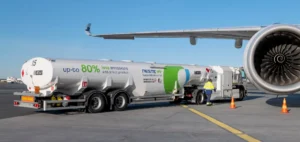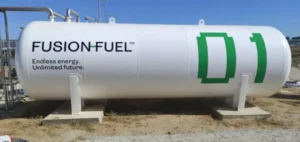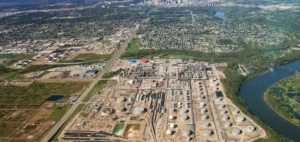The President 100 vessel, sixteen metres long and powered exclusively by pure biodiesel (B100), has been officially launched in Singapore. This project brings together Weichai Power, China Classification Society (Singapore), the Marine Energy and Sustainable Development Centre (MESD) of Nanyang Technological University, and the local shipyard Pinnacle Marine, which oversaw the construction of the vessel. According to the official statement, the vessel is equipped with two Weichai WP13C450-18BF marine engines and two CCFJ20J-W5BF generator sets, providing the entire propulsion system.
Start of a 1,000-hour operational trial
President 100 begins a continuous 1,000-hour trial in the port waters of Singapore. The goal of this phase is to collect data on long-term performance, emissions, and the reliability of B100 fuel under real operational conditions. The results of this test are intended to support the development of future standards for refuelling, storage, and operation of alternative fuels in the region.
The involvement of partners from the industrial, academic, and regulatory sectors is designed to ensure the representativeness of test conditions and the relevance of collected data. Pinnacle Marine, the shipyard, supervised the integration of propulsion systems optimised specifically for B100 biodiesel. The Marine Energy and Sustainable Development Centre (MESD) of Nanyang Technological University is contributing scientific and technical analysis to the project.
Towards new standards for the maritime sector
This pilot project is presented by its initiators as a first step towards developing industry-wide standards for vessels powered by alternative fuels. The experiment in Singapore harbour takes place in a context of significant pressure on the maritime sector to reduce emissions while maintaining reliable port operations.
Weichai Power, manufacturer of the vessel’s engines and electrical systems, highlights the importance of this full-scale testing phase to assess the deployment potential of alternative energy solutions. China Classification Society (Singapore) is responsible for regulatory compliance monitoring during the trial period. The vessel’s performance and the data collected at the end of the 1,000 operational hours will serve as a reference for future projects in the Asia-Pacific region.
According to published information, this experimental vessel could serve as a model for the energy transition in Southeast Asian ports and support the establishment of new international standards for biodiesel use in maritime transport.


